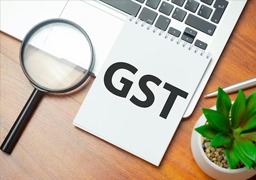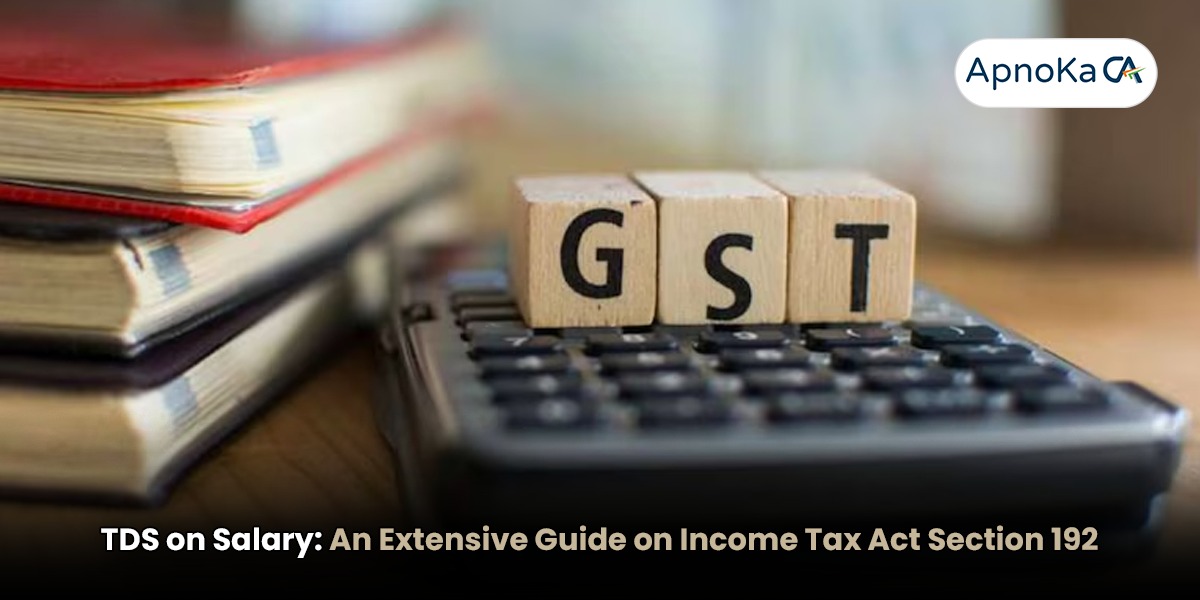# taxation
12 posts in `taxation` tag

GST Simplified: Sponsorship Services Move to Forward Charge Mechanism
The taxability of sponsorship services underwent significant revisions during the 55th GST Council Meeting. In order to improve revenue collection and streamline compliance, body corporates and partnership businesses are switching from the Reverse Charge Mechanism (RCM) to the Forward Charge Mechanism (FCM). This blog explores the situations before and after the meeting, the updated tax structure, and the ramifications for companies and service providers.
.jpg)
Everything You Need to Know About Section 88A and Double Taxation Relief
Indian taxpayers are protected against double taxation on overseas income by Section 88A of the Income Tax Act. This guide explains eligibility, benefits, calculation methods, and the process to claim the tax credit. Continue reading to minimize your tax liability and guarantee equitable taxation.
.png)
Understanding TDS: An In-Depth Look at Section 194F
An extensive summary of Section 194F of the Income Tax Act in India can be found in this blog post. It describes the main points, the methodology used to compute TDS for various forms of income, and how it affects investments in mutual funds. The blog also covers investor tax preparation techniques and exemptions.
.jpg)
Knowing the Income-tax Act of 1961's Section 2(22): Deemed Dividends and Their Consequences
The Income-tax Act, 1961's Section 2(22) discusses the idea of presumed dividends and makes sure businesses don't evade taxes by giving shareholders advances or loans in lieu of dividends. This area affects the financial health of a corporation as well as dividend taxes. To ensure financial stability and compliance with tax laws, become aware of the important clauses and their implications.

NRI Taxation: Indexation Benefits and Its Implications
This blog post explores the nuances of indexation benefits for Non-Resident Indians (NRIs) in India, highlighting the differences between residents and NRIs, and providing guidance on how to plan investments to minimize tax liability.
.jpg)
GST Composition Scheme: A Simplified Tax Payment Option for Small Businesses
Instead of paying tax on each transaction, small firms can opt for the GST Composition Scheme, which is a tax payment scheme that allows them to pay a predetermined proportion of their sales as tax. The purpose of this program is to facilitate small business operations and lessen the burden of compliance for them.
.jpg)
Agreements to Avoid Double Taxation: A Complete Guide
The advantages, varieties, and ramifications of double taxation avoidance agreements (DTAAs) for global investment and commerce are all covered in this thorough study. Find out how DTAAs may encourage economic cooperation, reduce double taxation, and increase foreign investment.
.jpg)
Change in Taxation of Buy Back Of Shares: Understanding the New Regime Effective from October 1, 2024
With effect from October 1, 2024, the government has made major changes to the taxation of share buybacks. The new system, its effects on businesses and shareholders, and the rationale for these modifications are all explained in this blog post.
.jpg)
Examining the Effects of the Worldwide Tax Reform on Enterprises, People, and Economies
This blog explores the substantial shifts in international tax laws and how they affect businesses, people, and the economy as a whole. Reduced corporate tax rates, changes to personal income tax brackets, and international tax reforms such as BEPS and digital taxes are some of the main areas of focus. The article delves deeper into the wider economic ramifications, encompassing the difficulties in upholding fiscal equilibrium and tackling income disparity.

Understanding GSTR 11: An All-Inclusive Manual for Compliance and Filing
This blog offers a thorough explanation of GSTR 11 and covers its regulations, qualifying requirements, return filing procedure, and non-compliance penalties. For embassies, UN agencies, and other notified parties who must file GSTR 11 and adhere to Indian GST legislation, it is an extensive resource.

Interpreting Section 139(9): A Comprehensive Guide to Managing Inaccurate Return Notifications
This blog post provides a comprehensive guide to the notice for defective return under Section 139(9) of the Income-tax Act, 1961. It covers the reasons for issuing a notice, the process of notice, consequences of receiving a notice, and tips on how to avoid receiving a notice.

GST Relief: Unlocking the Benefits of Section 128A for Taxpayers
The Union Budget 2024 has introduced a new Section 128A, offering relief to taxpayers with conditional waiver of interest and penalties for certain non-fraudulent GST claims. This blog provides a detailed guide to the amnesty provisions, benefits, limitations, and exclusions under Section 128A, helping taxpayers to understand and take advantage of the scheme.
